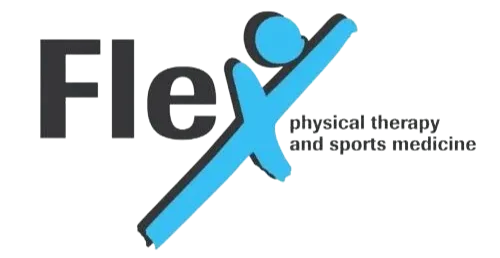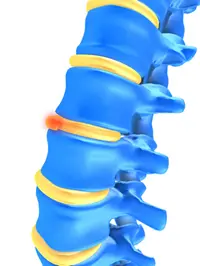
The discs of your back are rubbery cushions between the vertebrae (bones). They allow flexibility in your spine and act as shock absorbers. The discs are like a jelly donut with a jelly center (nucleus pulposus) that is surrounded by tough circular rings of cartilage. A herniated disc occurs when there is a weakness or defect in the cartilage rings that allows the jelly like nucleus to push out. If the herniation or bulge becomes large enough, it can irritate the nerves and result in pain, numbness, or weakness of the leg. Many people who have a herniated disc don’t need surgery to take care of the problem.
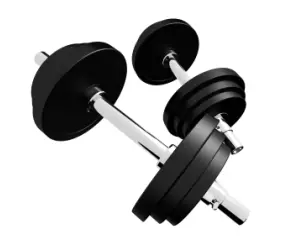
2) Stretching and flexibility exercises to improve mobility in the joints and the muscles of your spine, arms, and legs-improving motion in a joint can be key to pain relief. 3) Strengthening exercises-strong trunk muscles provide support for your spinal joints, and strong arm and leg muscles help take some of the workload off those joints. 4) Aerobic exercise, which has been proven to be helpful in relieving pain, promoting a healthy body weight, and improving overall strength and mobility-all important factors in managing a herniated disc.
This might sound like a lot of exercise, but don’t worry: research shows that the more exercise you can handle, the quicker you’ll get rid of your pain and other symptoms.
Your Physical Therapist Also Might Decide to Use a Combination of Other Treatments:
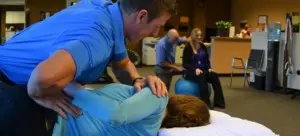
1) Manual therapy to improve the mobility of stiff joints and tight muscles that may be contributing to your symptoms
2) Posture and movement education to show you how to make small changes in how you sit, stand, bend and life-even in how you sleep-to help relieve your pain and help you manage your condition on your own.
3) Special pain treatment-such as ice, traction, and electrical stimulation-to reduce pain that is severe and not relieved by exercise or manual therapy.
Once your pain is gone, it will be important for you to continue your new posture and movement habits to keep your back healthy.
Can a Herniated Disc Be Prevented?
Herniated discs can occur as a result of aging, but there are lifestyle changes you can make to reduce your overall risk:
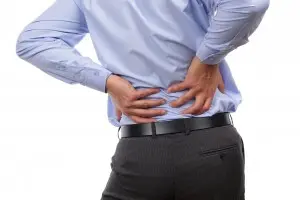
1) Maintain a healthy weight may reduce the overall stress on your spine. Our Ideal Protein Weight Loss program can assist you if this is a concern.
2) Use proper posture-improving your alignment may contribute to the health of your spine
3) Use proper body mechanics-changing how you perform activities, especially those that you do frequently, may help reduce your risk of a herniated disc. Not sure what changes to make? Discuss your occupation with your therapist, who will provide an analysis of your job tasks and make suggestions on how you can reduce your risk of injury.
If you already have a herniated disc, your physical therapist can help you develop a fitness program that takes into account your herniated disc. There are some exercises that are better that others for people with a herniated disc, and your therapist will educate you about them. For instance:
1) Exercising in water or using our Alter G can be a great way to stay physically active when other forms of exercise are painful.
2) Exercises involving lots of twisting and bending are not good for everyone. Weight-training exercises, though very important, need to be done with proper form to avoid stress to the back and neck.
Our therapists are experts in relieving back pain due to herniated disks.
Call us at 1-800-930-8803 to schedule an appointment and start your road to recovery.
